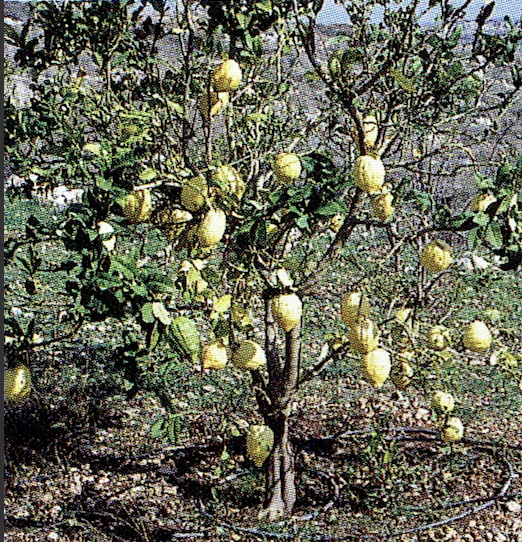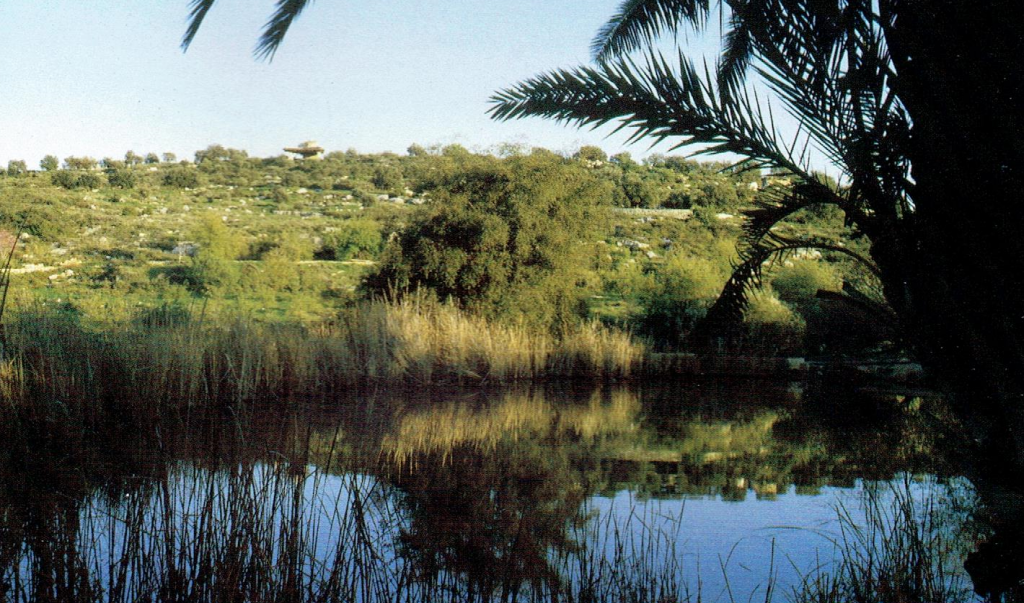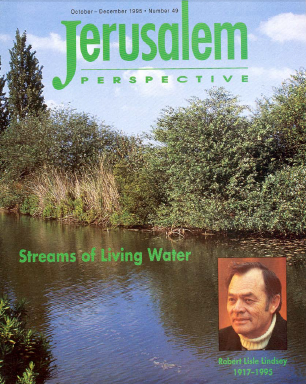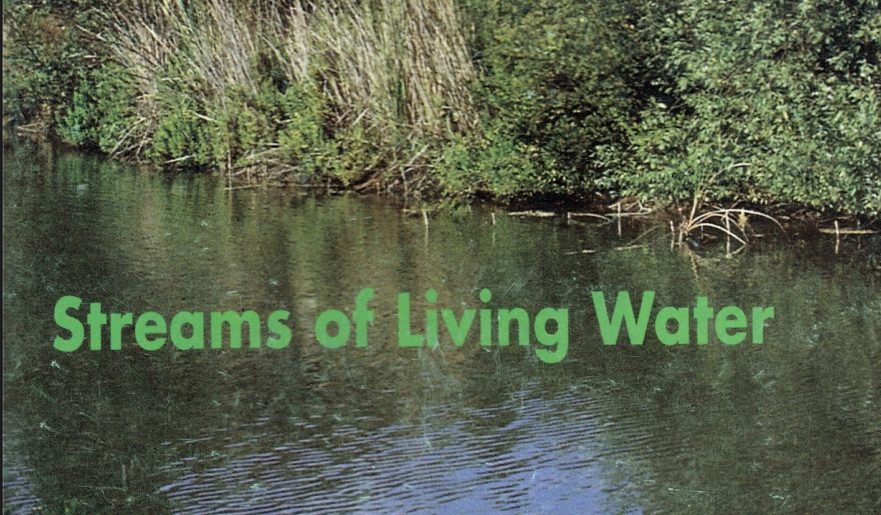
On the last and greatest day of the Feast, Jesus stood and cried out, “Let anyone who is thirsty come to me, and let him who believes in me drink. As the Scripture has said, ‘Streams of living water will flow from within him.’” Now he said this about the Spirit, which believers in him were to receive…
(John 7:37-39, NRSV, NIV).
Jesus was speaking during the holiday of Sukkot, the Feast of Tabernacles. He had gone up to Jerusalem to celebrate the Feast, one of the three biblical pilgrimage festivals.

The Feast of Tabernacles comes at a crucial juncture in Israel’s agricultural cycle—the end of one agricultural year and the beginning of the next. The farmers finish harvesting the grapes, figs, pomegranates and dates. Soon the ripe olives will be picked. Sukkot is thus a time of rejoicing and thanksgiving.
But this is also the time when thoughts and prayers turn anxiously toward the year’s first rains, which in Israel often begin soon after Sukkot.
Paid Content
Premium Members and Friends of JP must be logged in to access this content: Login
If you do not have a paid subscription, please consider registering as a Premium Member starting at $10/month (paid monthly) or only $5/month (paid annually): Register
One Time Purchase Rather Than Membership
Rather than purchasing a membership subscription, you may purchase access to this single page for $1.99 USD. To purchase access we strongly encourage users to first register for a free account with JP (Register), which will make the process of accessing your purchase much simpler. Once you have registered you may login and purchase access to this page at this link:

































































































